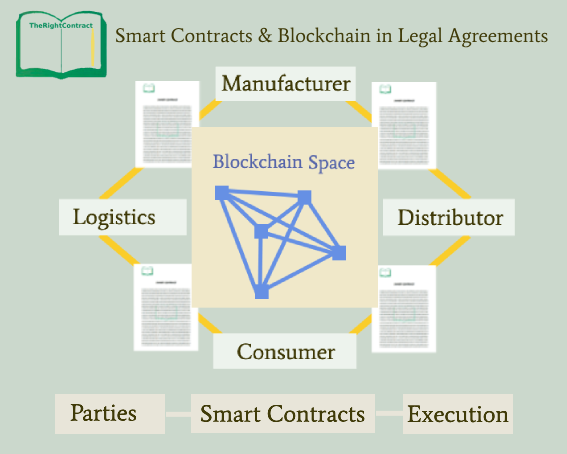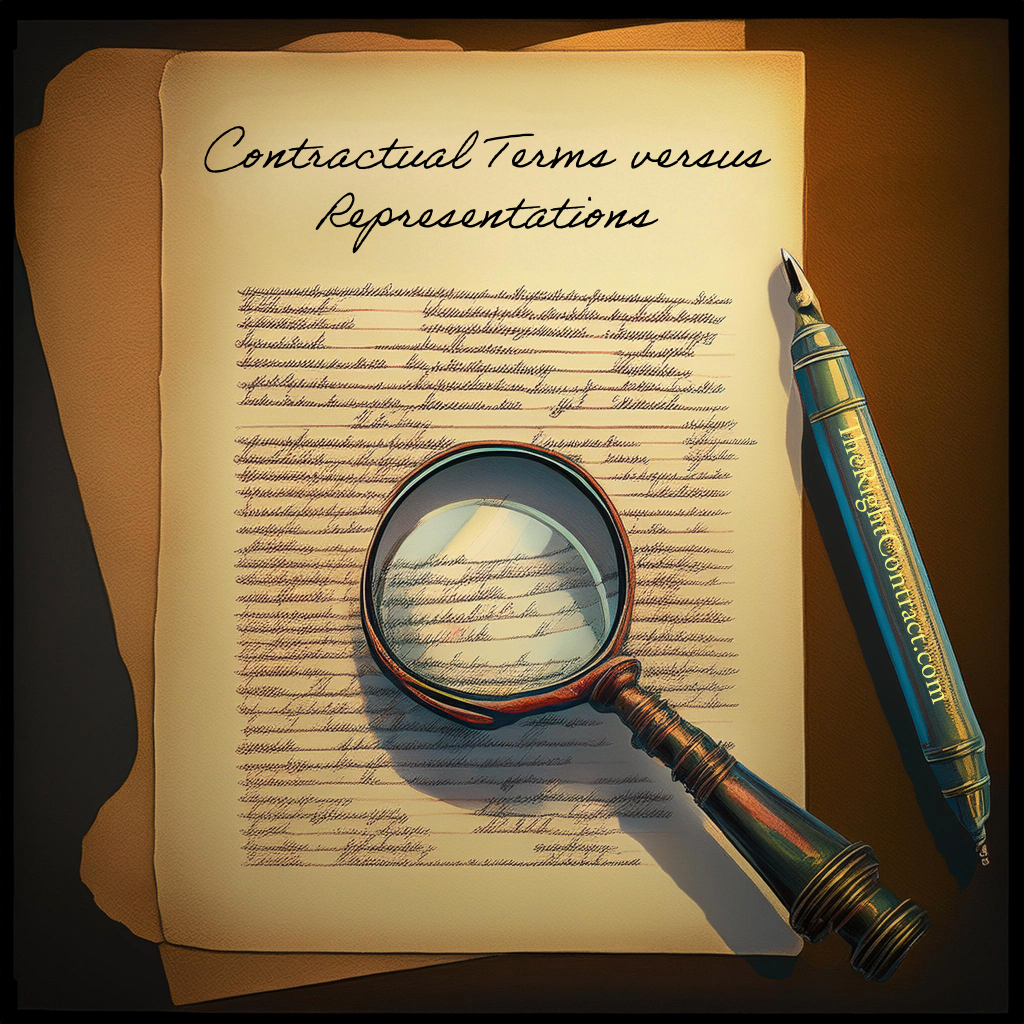A breach of contract occurs when one party fails to fulfill its obligations, whether through inaction or by acting contrary to the terms of the agreement. While breaches typically lead to legal consequences, courts may find certain breaches justifiable under specific circumstances. Below, we explore key defenses to a breach of contract claim, with examples to clarify each point.
1. Impossibility of Performance Due to Unforeseen Events
A breach may be excused if fulfilling the contract becomes impossible due to events the parties could not have anticipated or accounted for in the contract.
- Example:
A shipping company agrees to deliver goods by a certain date but is unable to do so because a natural disaster blocks transportation routes. If the disaster was unforeseeable, the court may rule the breach justifiable.
2. Conflict with Local Laws
If performing a contractual obligation requires a party to act against local laws or regulations, the court may find the breach valid.
- Example:
A foreign supplier is contracted to deliver goods to a country but later discovers that new import restrictions make the delivery illegal. The supplier’s failure to deliver may be excused.
3. Risk to Life or Business
A breach may be justifiable if performing the contractual obligation poses a significant danger to a party’s life or business.
- Example:
A contractor halts work on a project because continuing would expose employees to hazardous, life-threatening conditions not disclosed in the agreement.
4. Frustration of Purpose
If the primary purpose of the contract is no longer achievable, the agreement—or specific clauses within it—may be deemed unenforceable.
- Example:
A venue rental contract for a wedding becomes irrelevant if the event is canceled due to a government lockdown. The renter may not be obligated to pay cancellation fees if the purpose of the contract has been frustrated.
5. Fraud
If one party was deceived into entering the contract based on false information deliberately provided by the other party, the court may void the agreement.
- Example:
A buyer enters into a contract to purchase a property based on assurances that it is zoned for commercial use. Later, it is discovered the seller knowingly misrepresented this fact.
6. Misrepresentation
Unlike fraud, misrepresentation involves unintentionally providing incorrect information that materially affects the contract.
- Example:
A seller inaccurately describes a vehicle as having a specific mileage due to an error. If this misrepresentation substantially impacts the buyer’s decision, the contract may be unenforceable.
7. Duress
If a party was coerced into signing a contract under threat or blackmail, the breach may be justified.
- Example:
An individual is forced to sign a business partnership agreement under the threat of exposing personal information. A court may invalidate the agreement.
8. Undue Influence
When one party unfairly leverages a position of trust or authority to persuade another into a contract, the agreement may be invalid.
- Example:
A caregiver convinces an elderly client to sign over property rights under the guise of offering better care. Such a contract could be voided for undue influence.
9. Unconscionable Terms
Contracts containing terms that are excessively unfair to one party may not be enforceable.
- Example:
A loan agreement includes an interest rate so high it violates reasonable lending practices. A court may strike down the unfair clause or invalidate the entire agreement.
Seek Legal Advice
If you believe you have grounds to breach a contract based on any of the above defenses, it is crucial to consult an attorney. A legal professional can assess your situation and determine whether your claim is likely to succeed in court. Acting without guidance may result in unforeseen liabilities or penalties.
In contract law, each case is unique. A thorough understanding of your local legal framework and proper representation are essential to protecting your interests.
Author: Monty AnNayef, Founder & CEO




